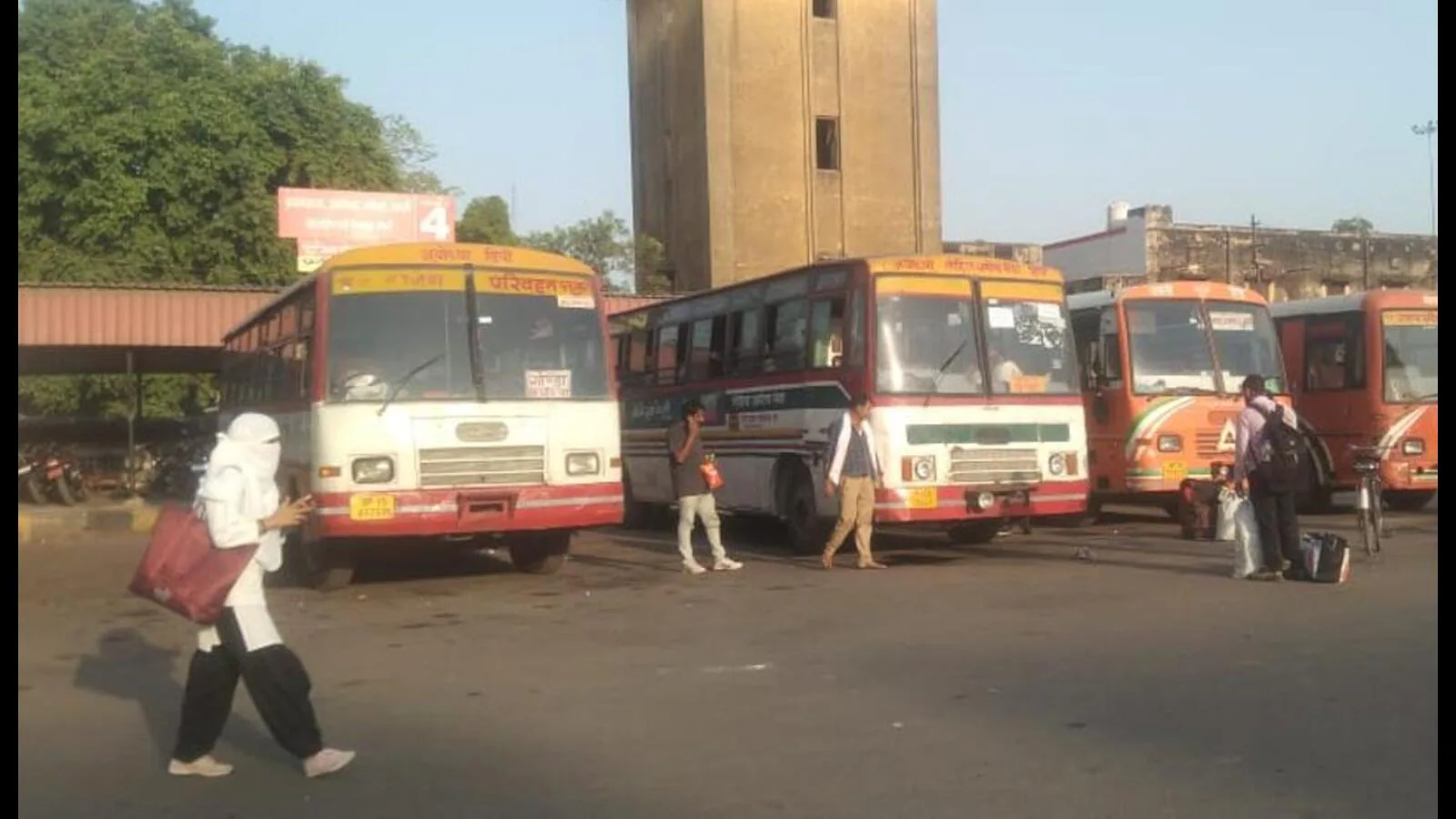Rural mobility in Uttar Pradesh’s Prayagraj region is poised for a major upgrade as the Uttar Pradesh State Road Transport Corporation (UPSRTC) rolls out 63 newly acquired buses to enhance public transport on underserved routes. The initiative, set to go live from July 15, is strategically targeted at improving last-mile connectivity in rural areas and small towns. According to officials from UPSRTC, the deployment is the result of meticulous planning, including on-ground surveys and consultations with local governance bodies such as MLAs, village heads, and Block Development Committee representatives.
The route planning, they say, has been data-backed and guided by direct public demand, reinforcing the inclusive nature of the scheme. The new fleet consists entirely of 42-seater buses, purpose-built for rural terrain. Thirty-four of these buses have already been delivered to regional depots, while the remaining 29 are scheduled to arrive within days. The buses will operate across 55 approved routes spanning the Prayagraj region, including remote areas in Pratapgarh and Lalganj.
Officials confirmed that 25 routes will begin from Prayagraj and adjoining regions, with 19 routes earmarked for Pratapgarh. The remaining services will connect Lalganj to several regional cities including Lucknow, Ayodhya, Kanpur, Jaunpur, Chitrakoot, and Varanasi. Specific corridors such as Prayagraj to Chitrakoot via Nyayipur, and Jaunpur via Suriyawan and Pipri, are expected to boost socio-economic linkages for communities that traditionally lacked dependable transport access. Transport experts note that the expansion will bring tangible benefits to rural commuters who depend on reliable and affordable public mobility solutions for essential travel such as work, healthcare, and education. As per UPSRTC planning authorities, this step aligns with broader state transport goals focused on regional equity and sustainability.
By prioritising rural routes, the UPSRTC initiative seeks to bridge longstanding gaps in mobility infrastructure, reduce dependency on unregulated private operators, and ensure a formalised, state-regulated transit ecosystem. With rural transport often being the backbone for agrarian economies and semi-urban growth, such systemic investments are expected to boost regional development. Furthermore, the expansion comes amid growing calls across India for decentralised, demand-responsive public transport systems that align with the tenets of sustainable development and equitable growth. Officials reiterated the department’s commitment to introducing modern and inclusive solutions to transform rural mobility while adhering to environmental and efficiency standards.
Also Read : Bengaluru Rolls Out New Blueprint To Replace BBMP With Unified Civic Authority


